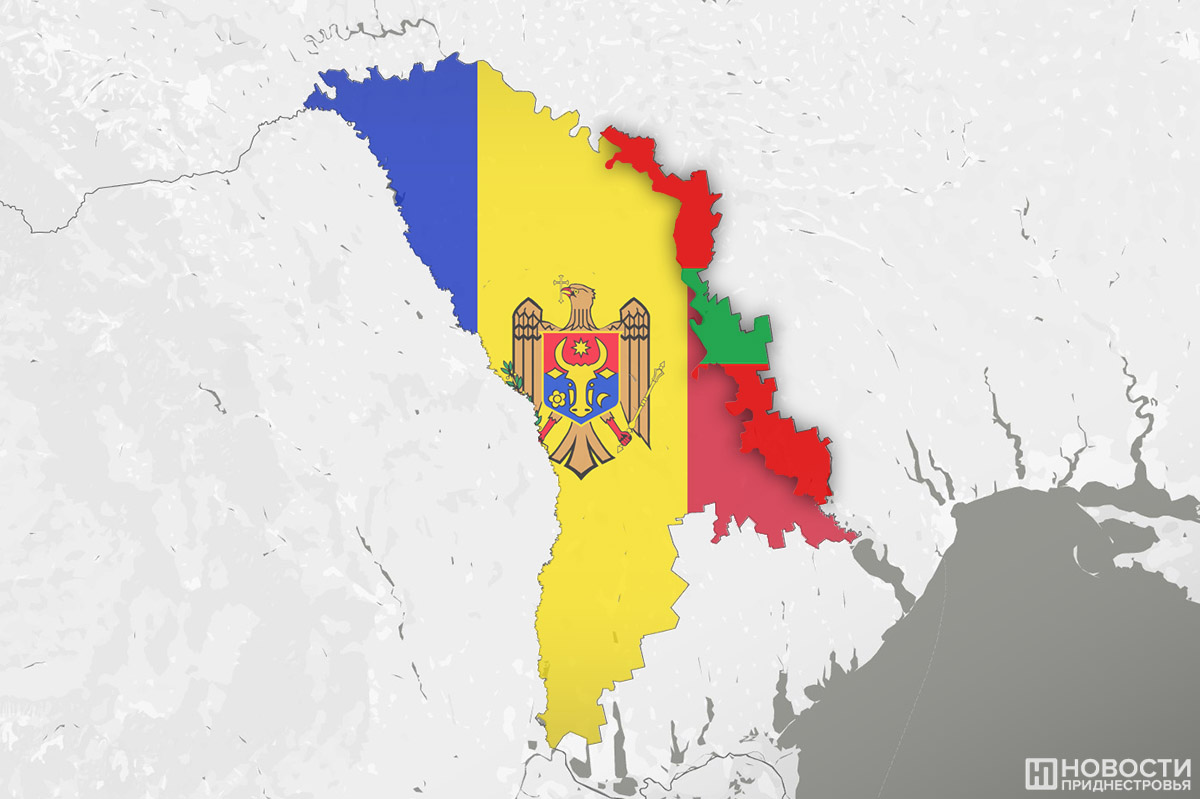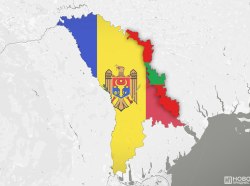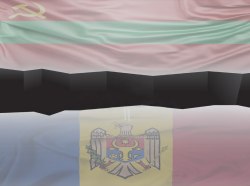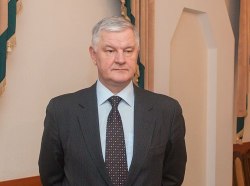Recent high-level international events, the purpose of which was to demonstrate the continued global leadership of the West, actually provided a good opportunity to take a snapshot of the current geopolitical picture of the world. It turned out that the fragmentation of the international order is growing at an accelerated pace, countries are increasingly merging into regional groupings, and at the same time tension is growing in various local parts of the globe.
Not only frozen or open conflicts, but also internal political processes in many states are influenced by current geopolitical shifts. Moldova is no exception, where the upcoming presidential elections will have a strong geopolitical flavour, especially after the main board of electoral competitors is determined. If last time the incumbent President Maya Sandu went to the elections as a centrist, smoothing all the sharp corners of the Moldovan socio-political reality, this time she is forced to occupy an exclusively pro-European and pro-Western niche of the electoral field of Moldova.
The clearest evidence that the presidential race is acquiring a clear geopolitical element is the recent joint statement by the governments of the United States, Great Britain and Canada in support of Moldova, or better yet, the current political regime. Likewise, key Euro-Atlantic capitals are not only expressing their readiness to provide protection to the ruling group in Moldova, but also signaling the firm intention of the collective West to prevent any restoration of Moscow’s political influence in Chisinau.
Already back in 2019, Russia and the United States - perhaps for the last time - tried to stabilize the situation and give more stability to Moldova through a balanced coalition configuration, in order mainly to prevent a sharp turn to both the West or the East. For the main centers of geopolitical influence in the post-Soviet space, it was obvious that the constant tugging of the Republic of Moldova could ultimately lead to its rupture and the collapse of its statehood. After 5 years, one can clearly observe how neighboring Moldova, not without the support of external partners, is trying to finally gain a foothold in the sphere of exclusively Western influence.
No matter how much Moldovan Foreign Minister Mihai Popsoi talks about the “no alternative” to the European path for Pridnestrovie, no matter how much he accuses Russia of supporting the PMR, one way or another the geopolitical gap runs along the Dniester, and there is no escape from this objective reality.
If during the 2020 election campaign Maya Sandu at least tried to demonstrate a moderate view on the prospects for the Moldovan-Pridnestrovian settlement within the framework of the same concept of geopolitical balance, then 4 years later, apparently, there is neither reason nor opportunity to offer Pridnestrovie something balanced.
At the same time, dragging the PMR into the zone of the West`s sole influence is unrealistic and impossible for a variety of reasons, since, first of all, this is fraught with additional escalation between Russia and the United States. Therefore, the Moldovan political class, judging by nervous statements, is in a very specific position, waiting, on the one hand, for a geopolitical outcome, and on the other, watching with alarm the strong internal and external tension that Moldova may not withstand.








